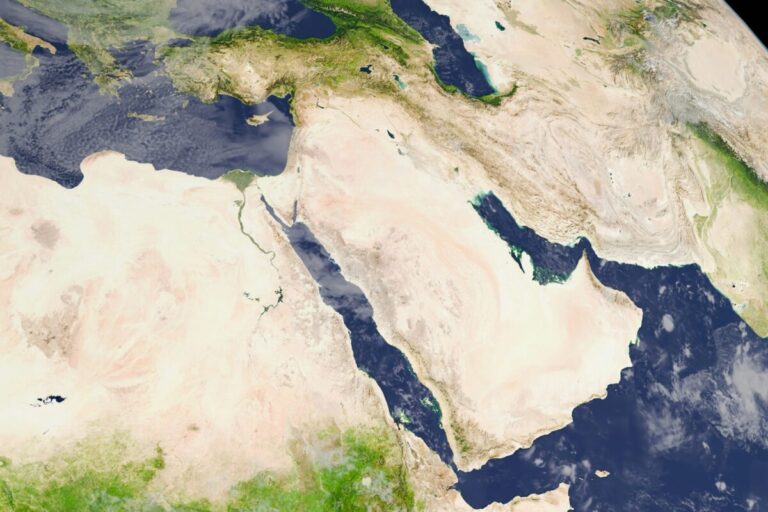The ongoing conflict in Gaza and the West Bank reached a new level of devastation on January 23, 2025, with grim discoveries and escalating violence, underscoring the deepening instability and humanitarian crisis in the region.
Tragic Discovery in Gaza
In Gaza, civil defense workers uncovered the bodies of 137 victims buried under the rubble of homes, schools, and businesses, adding to the growing toll of the conflict. The discovery highlights the horrifying human cost of the ongoing violence, with the death toll from Israeli airstrikes and Hamas rocket fire continuing to climb. Since the beginning of January, more than 1,000 people have been killed in Gaza, and the region remains under siege, making survival increasingly difficult for residents.
Humanitarian organizations have raised urgent alarms over the rapidly deteriorating situation. Access to essential supplies such as food, clean water, and medical care is severely restricted, with the infrastructure in Gaza increasingly decimated by airstrikes. The humanitarian crisis continues to worsen, with both the population and the international community pleading for immediate intervention to alleviate suffering.
Israeli Raid in the West Bank
Simultaneously, in the occupied West Bank, Israeli forces conducted a large-scale raid in the Palestinian refugee camp of Jenin. The operation, dubbed “Iron Wall,” was aimed at dismantling terrorist cells operating in the camp, according to Israeli officials. However, the operation resulted in at least 12 deaths and numerous injuries, many of them civilians, leading to widespread condemnation from Palestinian authorities and international bodies.
Palestinian leaders have condemned the raid as a violation of international law, citing the high civilian casualties and the extensive damage to homes and infrastructure. The violence in Jenin has forced hundreds of residents to flee their homes, exacerbating the already dire conditions for Palestinian civilians in the West Bank. This latest escalation of violence in Jenin is likely to further fuel tensions between Israelis and Palestinians, deepening the rift between the two sides.
International Reactions and Growing Protests
The intensifying violence has sparked widespread protests across the region and globally, with demonstrators calling for an immediate ceasefire and greater international intervention to prevent further bloodshed. The United Nations, the European Union, and other international actors have condemned the escalation of violence in both Gaza and the West Bank, urging both Israel and Hamas to engage in dialogue and agree to a lasting ceasefire.
However, the situation remains highly volatile, and calls for peace have thus far been met with limited success. The cycle of violence has perpetuated a sense of hopelessness, with many fearing that the conflict could spiral out of control, potentially drawing in neighboring countries and further destabilizing the Middle East.
Fears of a Broader Regional Conflict
As the violence intensifies in Gaza and the West Bank, there are growing concerns that the conflict could expand beyond its current borders, leading to a broader regional war. The precarious situation in Gaza and the West Bank, coupled with the involvement of external actors and the volatile political climate in the region, has heightened fears of further instability.
Regional powers, including Iran and Turkey, have expressed their support for Palestinian factions, while Israel’s relations with neighboring countries remain tense. The possibility of further regional escalation remains a significant concern, with the potential for the violence to spill over into other countries in the region, exacerbating the already fragile geopolitical situation.
The Path Forward
As the conflict in Gaza and the West Bank deepens, the international community faces a critical moment in the pursuit of peace. The humanitarian crisis, along with the escalating violence, underscores the urgent need for diplomatic intervention to prevent further loss of life. Both Israel and Palestinian leadership face mounting pressure to halt the violence and seek a long-term solution to the conflict.
In the coming weeks, international efforts to mediate a ceasefire and address the underlying issues of the Israeli-Palestinian conflict will be crucial. The world watches as the Middle East remains at a crossroads, with the potential for either de-escalation and peace or continued violence that threatens to destabilize the entire region.


